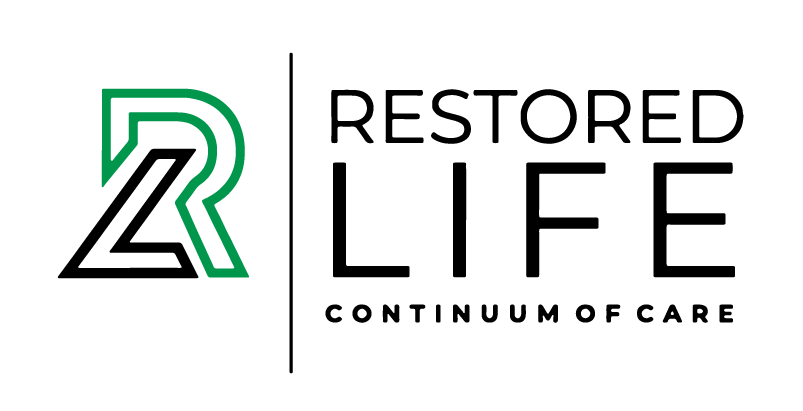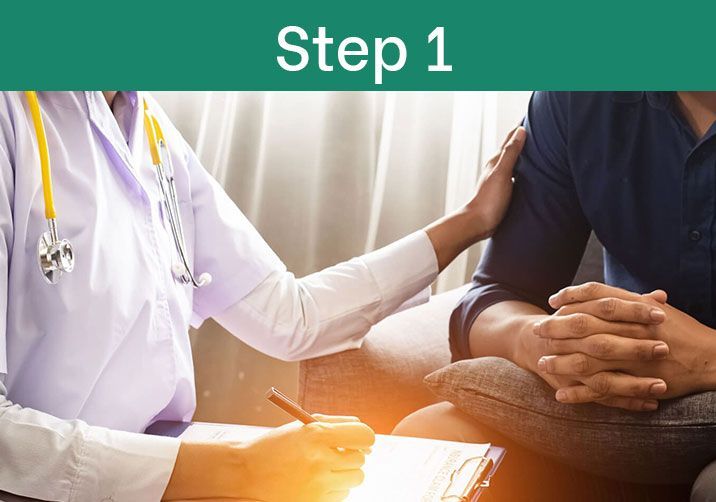Empathetic, State-of-the-Art Care.
Alcohol Use Disorders
If alcohol is so prevalent, how can I possibly stop drinking?
You're not alone in wondering this. We provide compassionate and effective solutions for those struggling with alcohol use disorders.
Freedom From Alcohol
We Understand the Journey back.
It’s a fact: alcohol permeates our culture.
You encounter it through television ads, social media, and various social gatherings. Attend any gathering—be it a work celebration, a casual barbecue, or dinner with friends—and, more often than not, alcoholic beverages will be part of the experience.
Beneath this widespread alcohol consumption lies a significant concern: problem drinking.
For many years, individuals with drinking issues were labeled as alcoholics, and the condition was referred to as alcoholism. Yet, these terms lack genuine medical or clinical significance. If you seek help from a therapist, psychiatrist, or counselor, they will not classify you as an alcoholic with alcoholism, nor will they categorize you as someone suffering from alcohol abuse or dependence. Instead, today's medical professionals refer to the condition as Alcohol Use Disorder (AUD).
Understanding Alcohol Use Disorder (AUD)
The NIAA presents the following statistics and information regarding alcohol and alcohol use disorder (AUD):
29.5 million people in the U.S. have an AUD
28.6 million adults 18+ have an AUD
6.7% received professional treatment and support
Almost 1 million adolescents 12-17 have an AUD
5.2% received professional treatment and support
These figures mean millions of people with unhealthy drinking habits don’t get the help they need. Untreated alcohol use disorder involving chronic, heavy alcohol use can lead to severe health conditions, including:
- Liver damage
- Heart damage
- Stroke
- High blood pressure
- Kidney damage
- Pancreas damage
- Various forms of cancer
At Restored Life Continuum of Care, we're here to support you. Our personalized treatment programs focus on the entire individual—mind, body, and spirit—providing you with the opportunity to rediscover a life free from alcohol.
If you recognize that you have an alcohol problem, don’t hesitate until it escalates.
Experience Healing, Growth, and Transformation Together with Us.
If you suspect that you might have a drinking problem, the guidelines outlined by the Diagnostic and Statistical Manual of Mental Health Disorders, Fifth Edition (DSM-V), provide clear criteria for an accurate diagnosis. The DSM-V categorizes Alcohol Use Disorder (AUD) into three distinct levels: mild, moderate, and severe. To assess where you fall on this continuum, consider the following questions from a self-screen endorsed by the NIAA:
The NIAA Symptom Checklist
- Experience unintended excessive drinking?
- Been unable to cut down on drinking?
- Spent much time drinking or dealing with the side effects?
- Had intense alcohol cravings?
- Had problems with family, work/school, or home life because of drinking?
- Kept drinking even though you answered yes to any part of question (5)?
- Sacrificed activities you enjoy for drinking?
- Engaged in risky behavior under influence?
- Had memory blackouts or emotional impact from drinking?
- Built a tolerance, needing more alcohol?
- Experience withdrawal symptoms when you stop drinking?
Here’s how to score that test:
Zero “yes” answers mean you do not meet criteria for AUD
2-3 “yes” answers mean you meet criteria for Mild AUD
4-5 “yes” answers mean you meet criteria for Moderate AUD
6 or more “yes” answers mean you meet criteria for Severe AUD
How We Treat Alcohol Use Disorders
The key aspect of seeking support at Restored Life is our commitment to healing the entire individual – mind, body, and spirit.
This holistic approach is why our integrated model is so effective: we excel in merging traditional and complementary therapies to discover the optimal combination of treatments tailored to your alcohol use disorder.
How it works:
- We begin with a full medical, substance use, and psychiatric assessment to determine the appropriate level of care.
- We collaborate with you to create a custom plan that meets your individual needs.
- You choose a level of care base on your evaluation, your needs, and clinician input:
- Outpatient
- Intensive Outpatient
- Partial Hospitalization
- Residential Inpatient
Where you start and how long you stay depends on you: our experienced, compassionate, professional intake staff recommends a program during pre-admission and admission, but in the end, you decide. If the plan doesn’t meet your needs, then it’s not the right plan for you. However, at every level of care, we teach you the practical tools you need to start the journey to sustainable, lifelong recovery.
Continuum of Care
Our Continuum of Care Process
Inpatient Treatment
In the first phase of treatment, clients receive 24/7 comprehensive care at the facility. Our team of medical professionals, therapists, and case managers provides structured support throughout the day. Clients participate in 21 hours of therapy each week, and our support staff attends to all daily needs. Many of our staff members are also in recovery, offering empathy and understanding at every step of the journey.
Partial Hospitalization Program (PHP)
In the second phase, known as PHP, individuals with moderate Substance Use Disorder (SUD) participate in five hours of therapy sessions, five days a week, while maintaining family life and obligations. The program typically lasts 3-4 weeks and involves coordinated care from psychiatrists, nurse practitioners, therapists, and case managers.
Outpatient Program/Recovery Residence
As a further step-down in the continuum of care, outpatient treatment involves group therapy sessions for three hours a day, three days a week, conducted by credentialed therapists. This phase allows clients more time for family and potential reintegration into work life.
Aftercare Program
Our aftercare program is for clients who have completed the Restored Life Recovery program. Alumni receive guidance and support from a dedicated provider and participate in regular group gatherings to discuss issues, share successes, and foster a supportive community beyond formal treatment.
Treatment Programs
Recovery Programs in Indiana
Discover the ways how we can empower you on your journey to sobriety. Our comprehensive programs, compassionate staff, and evidence-based treatments are tailored to meet your unique needs and support your long-term recovery goals.
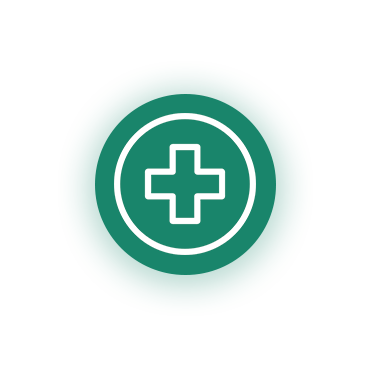
Medical Detox
Supervised withdrawal process to safely manage substance dependence and withdrawal symptoms.
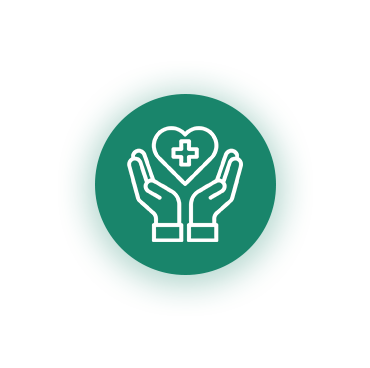
Inpatient Residential Program
Residential care provides 24/7 support for addiction recovery and treatment.
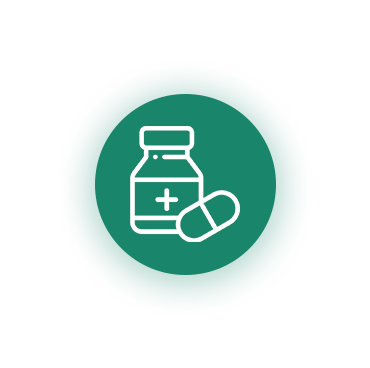
Medicated-Assisted Treatment
MAT combines medication with therapy for effective addiction treatment
Outpatient Program
Scheduled therapy sessions while living in our sober living recovery residences.
Partial Hospitalization Program
Intensive daytime treatment while returning home in the evening.
Medical Detox
Supervised withdrawal process to safely manage substance dependence and withdrawal symptoms.
Inpatient Residential Program
Residential care provides 24/7 support for addiction recovery and treatment.
